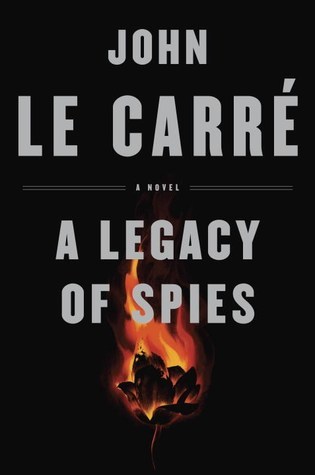More on this book
Community
Kindle Notes & Highlights
One spring evening in 1944, shortly before the D-Day landings, the headmaster called me to his study and told me that my father had died a soldier’s death, and that I should be proud of him. For security reasons, no further explanation was available.
She had empowered me. She had made me the man I had never been till now. More than one woman over the years had told me – kindly, bluntly, or in outright disenchantment – that I had no aptitude for sex; that I could neither take nor give with abandon; was inept, restrained; that I lacked the true instinctual fire. But Doris knew all that, before we ever embraced. She had known it as we brush-passed, and she knew it as she took me naked into her arms, welcomed me, absolved me, showed me; then formed herself around me until we were old friends, then careful lovers, and finally triumphant rebels,
...more
know that I wanted to vomit but, true to my inhibited nature, managed not to.
Her face, for the first time since I knew it, expressionless. Her auburn hair plaited and bound with green ribbon, the plait lying beside her head. Eyes closed. I never till now saw her sleep. The neck a slough of blues and greys.
Do you now have all the information you require?’ ‘No.’
‘I envy you.’
‘There’s no greater good without George’s say-so. There never was.’
how much of our human feeling can we dispense with in the name of freedom, would you say, before we cease to feel either human or free? Or were we simply suffering from the incurable English disease of needing to play the world’s game when we weren’t world players any more?
This was the George I remembered: all-knowing about the frailty of others, while stoically refusing to acknowledge his own.


